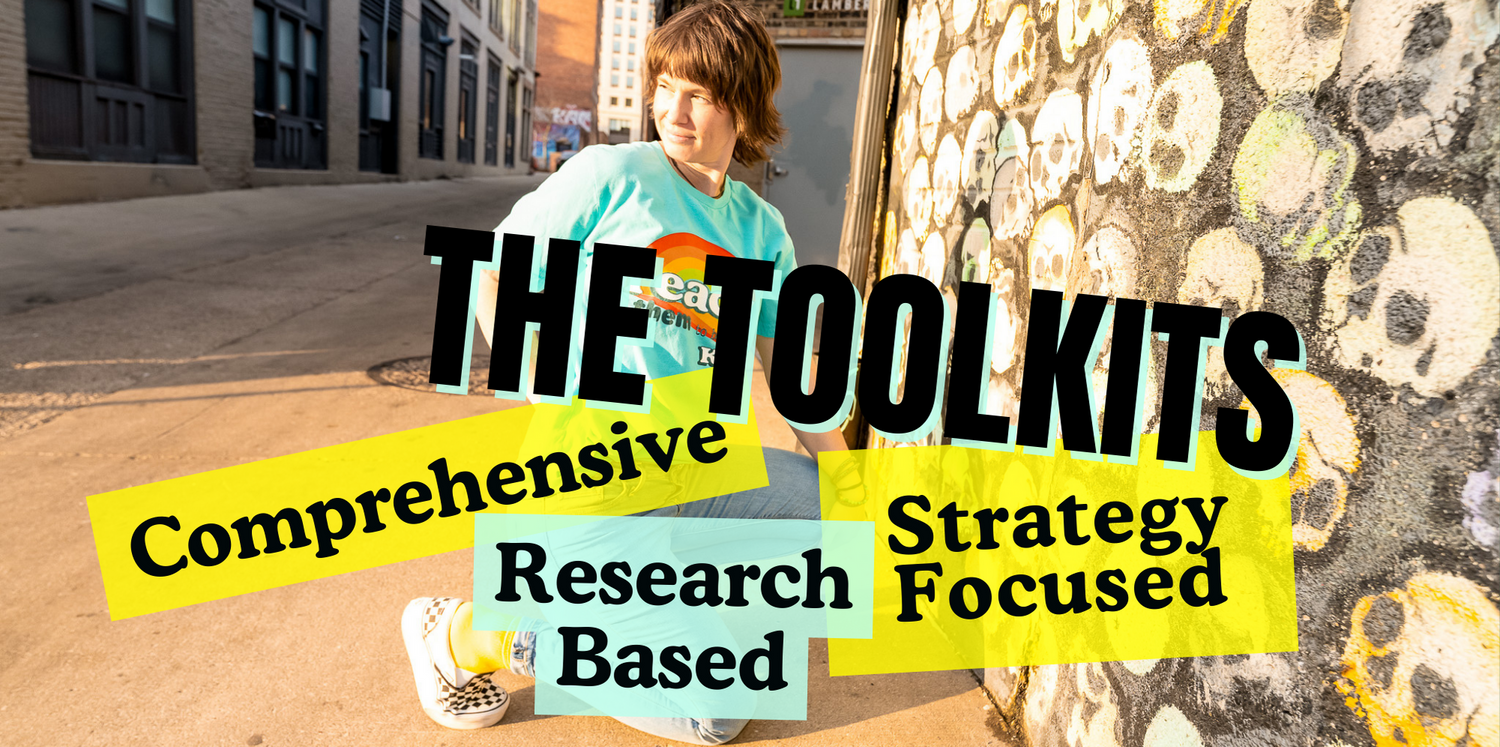
The Power of Habit Formation for Teachers- Part 1: Breaking Bad Habits
Share
Part 1: Breaking Bad Habits
Be sure to check out the Meet the Needs Workshop Series on sale now, for the limited edition bonus workshop "The Power of Habits: Using Habits in the Classroom to Maximize Time and Energy." Linked at the bottom.
Introduction
Teaching is an ever-evolving profession that demands continuous growth and adaptation. To thrive in this dynamic field, teachers need to develop effective habits that enhance their teaching practices, classroom management, and overall well-being. However, just as important as forming new, positive habits is the ability to break old, counterproductive ones. In this blog post, we’ll explore the science of habit formation, why breaking bad habits is crucial for teachers, and strategies for developing new, beneficial habits that can significantly impact the teaching profession.
Make sure to check out our Habits in The Classroom Workshop HERE, specifically designed to teach you how to create good habits and break bad ones in the classroom!
Understanding Habit Formation
Habits are automatic behaviors triggered by specific cues, repeated regularly until they become ingrained in our routine. For teachers, habits can manifest in various ways, from the way they structure their lessons to how they interact with students. The process of habit formation is rooted in a psychological pattern called the "habit loop," which consists of three main components:
- Cue: The trigger that initiates the behavior. This could be a specific time of day, an emotional state, or an environmental factor.
- Routine: The behavior itself, which is the habit you're trying to form or break.
- Reward: The positive reinforcement you receive from completing the behavior, which encourages repetition. Read about what type of positive reinforcements to use HERE
For example, a teacher might develop the habit of checking their email first thing in the morning (cue) because it gives them a sense of control over their day (reward). Over time, this becomes an automatic routine.
The Importance of Breaking Bad Habits
In the context of teaching, bad habits can significantly hinder professional growth and classroom effectiveness. These habits might include procrastination in lesson planning, over-reliance on traditional teaching methods without considering students' diverse learning needs, or even neglecting self-care due to a demanding schedule. Breaking these habits is crucial for several reasons:
- Enhancing Professional Development: Bad habits can stagnate your growth as a teacher. For instance, sticking to outdated teaching methods might limit your ability to engage students effectively, reducing their learning outcomes.
- Improving Classroom Management: Habits like reacting impulsively to student behavior can create a negative classroom environment. By breaking such habits, teachers can develop more thoughtful and constructive ways to manage their classrooms.
- Promoting Work-Life Balance: Teachers often struggle with maintaining a balance between their professional and personal lives. Bad habits like bringing work home or not setting boundaries can lead to burnout. Breaking these habits is essential for long-term career sustainability.
- Setting a Positive Example: Teachers serve as role models for their students. Demonstrating the ability to change and grow by breaking bad habits can inspire students to adopt a growth mindset and embrace positive changes in their own lives.
Strategies for Breaking Bad Habits
Breaking a habit requires conscious effort and persistence. Thats why it is so helpful to have someone guide you along the way! If you want that support check out our workshop on creating habits in the classroom: HERE. in Here are some strategies that teachers can use to break bad habits effectively:
- Identify the Triggers: The first step in breaking a bad habit is to identify the cues that trigger it. For example, if you tend to procrastinate on grading, notice what leads to this behavior. Is it a lack of motivation, feeling overwhelmed, or simply not knowing where to start? Understanding the root cause can help you address the issue more effectively.
- Replace the Habit: Instead of trying to eliminate a bad habit altogether, focus on replacing it with a more positive one. For instance, if you have a habit of checking your phone during class, replace this behavior with actively engaging with students or reviewing lesson plans. The key is to find a new routine that provides a similar reward.
- Start Small: Breaking a habit doesn’t happen overnight. Start with small, manageable changes that lead to larger transformations. For example, if you want to stop working late into the evening, begin by setting a strict cutoff time for work activities, gradually moving it earlier until you achieve a more balanced schedule.
- Seek Support: Don’t hesitate to seek support from colleagues, mentors, or even students. Sharing your goals with others can provide accountability and encouragement. In some cases, involving your students in the process can also foster a collaborative and positive classroom environment.
- Be Patient and Persistent: Breaking a habit takes time and effort. There will be setbacks, but it’s essential to remain patient and persistent. Celebrate small victories along the way and remind yourself of the long-term benefits.
Get the "Power of Habits Workshop" if you want to:
- Create smooth transitions
- Establish routines that save you time and emotional energy
- Automate your workload to save mental energy
- or just get really good at creating habits
Check out the Meet the Needs Workshop Series! The first workshop is all about how to create habits that save you time and energy in the classroom. It includes specific strategies, tasks you should automate, and specific steps to recognize and break bad habits in the classroom! Check it out HERE!







